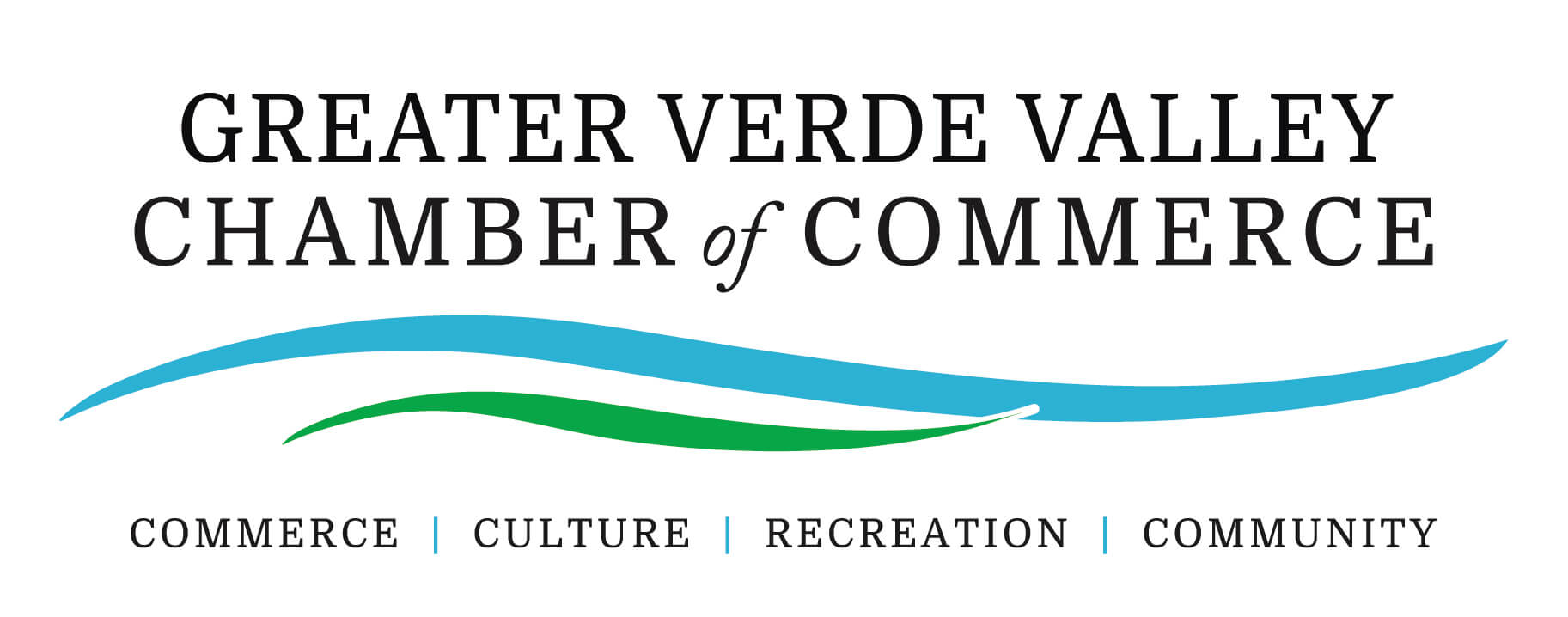From Risk to Resilience: Data Governance for Small Enterprises
For many small businesses, data has become the lifeblood of decision-making, customer engagement, and regulatory compliance. Yet, unlike large enterprises with dedicated IT departments, small organizations often struggle to build the frameworks that keep their data secure, usable, and compliant. Data governance provides the structure for handling information responsibly, ensuring that data remains accurate, protected, and aligned with business goals.
What Is Data Governance?
Data governance refers to the collection of policies, roles, processes, and technologies that ensure data is accurate, secure, consistent, and used properly. It’s not just about cybersecurity or compliance—it’s about making sure the right people have the right data at the right time, and that the organization knows where that data came from and how it’s being used.
Some key elements include:
-
Data quality (accuracy and consistency across systems)
-
Data security (protecting sensitive information)
-
Compliance (meeting requirements like GDPR, HIPAA, or local regulations)
-
Ownership (clear roles for who manages and approves access)
-
Lifecycle management (from data creation to archival or deletion)
For a primer on structured governance frameworks, you can explore resources like Gartner’s data management research for trends and guidance.
Digital Verification in Data Governance
One overlooked but critical aspect of data governance is document verification. Small businesses often depend on contracts, invoices, and agreements to function, but without secure verification, documents are vulnerable to disputes or tampering.
Using methods to create a digital signature offers a powerful governance tool. Digital signatures:
-
Provide audit trails that prove authenticity
-
Make documents tamper-evident
-
Reduce reliance on paper storage
-
Simplify compliance with legal and financial standards
By capturing verified signatures electronically, small businesses can build governance policies that don’t just protect data but also streamline operations.
Why Data Governance Matters for Small Businesses
Small enterprises often underestimate their risk exposure. Yet poor governance can lead to serious costs.
Common Risks Without Governance
-
Data silos: Employees working with outdated or conflicting data sets.
-
Security breaches: Weak controls around sensitive information.
-
Compliance fines: Missing requirements for audits or data retention.
-
Lost trust: Customers hesitant to share information if mishandled.
Benefits of Governance
-
Improved decision-making based on accurate data.
-
Enhanced customer trust through strong security.
-
Reduced regulatory risk with clear policies.
-
Increased operational efficiency by reducing duplication and errors.
For examples of how governance supports compliance, review the NIST Cybersecurity Framework.
Core Principles to Guide Implementation
Here are practical principles for small businesses to adopt:
-
Clarity of ownership → Define who owns which data set.
-
Accessibility with controls → Ensure staff have access but with role-based restrictions.
-
Standardized processes → Use consistent methods for entering, labeling, and storing data.
-
Documentation → Keep policies written, updated, and accessible.
-
Regular review → Schedule audits and assessments to catch gaps.
Checklist: Building a Data Governance Program
Use this step-by-step approach to launch a manageable governance initiative:
Governance Setup Checklist
-
? Assign a data steward (someone responsible for governance tasks).
-
? Define data categories (customer, financial, HR, etc.).
-
? Document policies for access, storage, and deletion.
-
? Select tools for security and verification (databases, encryption, signature software).
-
? Train employees on data handling and compliance basics.
-
? Schedule audits every 6–12 months.
Data Governance in Action: Small Business Scenarios
|
Scenario |
Governance Challenge |
Governance Solution |
|
Customer CRM |
Inconsistent records across sales and support |
Standardized input fields + data steward role |
|
Vendor Contracts |
Paper-based contracts are hard to verify |
Adopt e-signature with audit trails |
|
HR Records |
Sensitive employee data in unsecured folders |
Role-based access controls with encryption |
|
Financial Reports |
Outdated spreadsheets driving decisions |
Single source of truth database with regular reconciliation |
Best Practices for Sustainable Governance
Governance isn’t a one-time project—it’s a culture. Here are best practices for staying resilient:
-
Automate where possible: Tools for data quality monitoring or access management save time.
-
Leverage cloud solutions: Cloud platforms often provide built-in compliance and security features. Explore Microsoft’s security center for examples.
-
Educate employees: Training is as important as technology.
-
Track metrics: Measure data accuracy, incident response time, and compliance audit scores.
-
Prepare for scaling: Governance processes should adapt as your business grows.
FAQ: Data Governance for Small Businesses
Is governance only for large corporations?
No. Small businesses are often more vulnerable since they lack dedicated compliance teams. Starting small with clear ownership and documentation is enough to create resilience.
What tools are affordable for SMBs?
Options include free or low-cost data classification tools, cloud-based collaboration software, and secure signature solutions. Explore open-source projects at Open Data Governance.
How do I know if my governance is working?
Look for fewer duplicate records, smoother audits, and reduced compliance issues.
Who should lead governance in a small company?
Usually, an operations or IT lead takes responsibility, but every employee should be trained in data handling basics.
Is compliance the same as governance?
Compliance is one outcome of governance. True governance also supports decision-making, efficiency, and trust.
Conclusion
For small businesses, data governance is not a luxury—it’s a survival strategy. Clear policies, digital verification methods, role-based security, and cultural alignment transform governance into a growth enabler. With a structured yet simple approach, small businesses can protect data, empower employees, and earn customer trust in an increasingly digital economy.
Discover how the Greater Verde Valley Chamber of Commerce can be your catalyst for business growth and community engagement. Visit us today to explore new opportunities!

